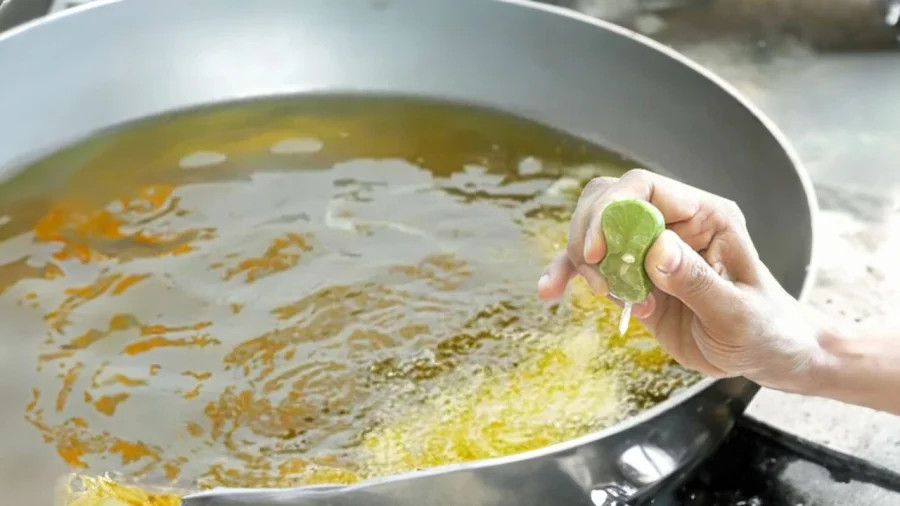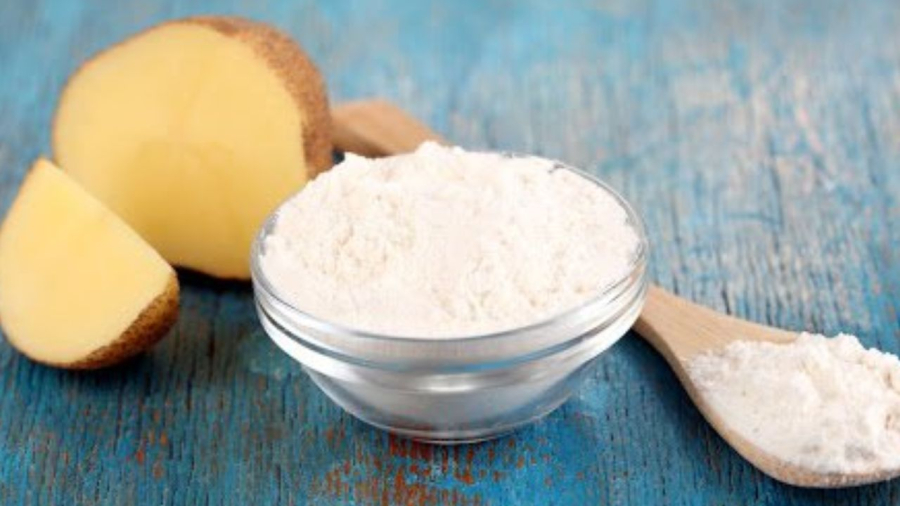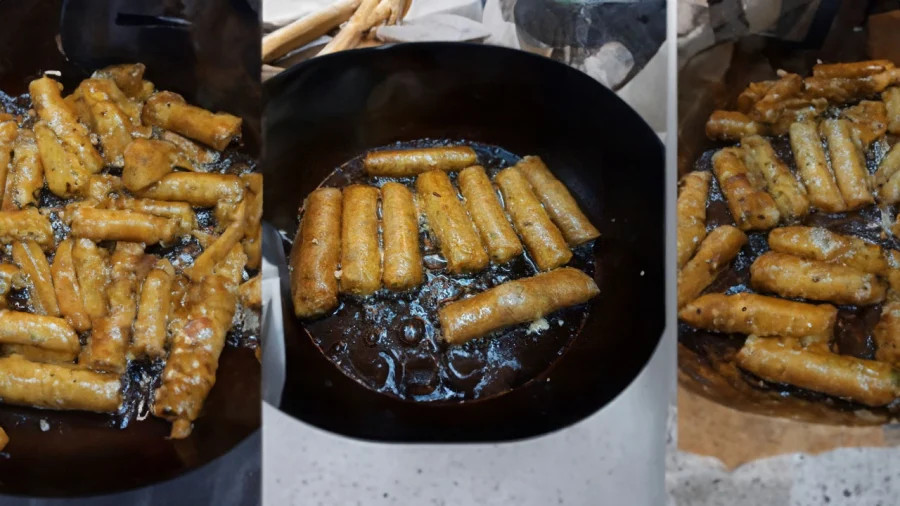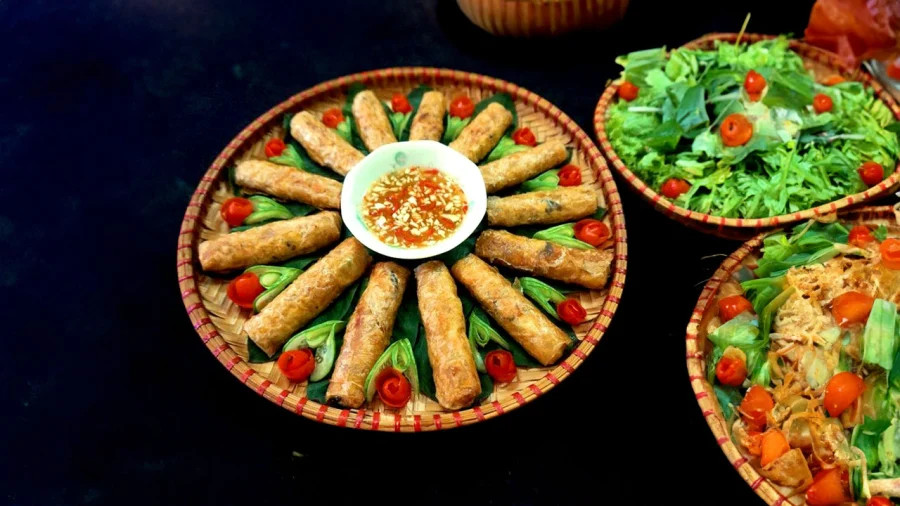Tết is the time when you need to cook a lot, including fried dishes like french fries, fried tofu, fried spring rolls, fried fish, shrimp crackers, fried banh chung… Frying requires you to make the outer layer crispy while the inside remains tender and delicious. Moreover, frying can sometimes be tiring because of the splattering oil, the fear of getting burned, and the need to clean the kitchen more. But with the following useful tips, you can solve many problems:
Squeeze lemon into the frying pan
To quickly make your fried food crispy and prevent the splattering of oil, use lemon. Smart chefs and housewives have a great trick which is to use lemon to make their fried food crispy and maintain its crispiness for longer.

There are several ways to use lemon for frying:
Thinly slice the lemon and then drop it into the hot oil, then use chopsticks to rub the lemon slices around the pan.
Or you can squeeze a few drops of lemon juice into the oil before frying.
Lemon juice is acidic and can create bubbles quickly, helping the fried food become crispy faster. This helps you save frying time, keep the food crispy without getting soggy, and maintain the crispiness for longer. Especially with starchy fried dishes like fried dumplings, spring rolls, puffed pho… when you squeeze lemon into the frying pan, it will make the food puffier and the starch quickly expand, making the food more delicious, beautiful, and less soggy. Moreover, using lemon also gives a pleasant aroma to your fried food without the splattering of oil.
Add some starch to the frying pan
You can use flour, tempura flour, tapioca starch, cornstarch, etc. When adding oil to the pan, sprinkle a little bit of this starch to help your fried food become crispy quickly and stay crispy for longer. You only need a small spoonful. Sprinkling starch into the oil helps absorb the moisture in the food, so it won’t splatter, and you don’t have to worry about getting burned. And the presence of starch in the frying pan makes your food crispier and more fragrant.

However, it’s best to use a small amount, about 1 teaspoon for a family frying pan, to avoid burning it.
Add a few salt grains or slices of ginger to the frying pan
Salt or ginger is another way to make your frying easier. You can rub a piece of ginger in the pan before adding oil, or sprinkle a few grains of salt into the oil before frying.
In addition, to make the fried food crispy delicious, you also need to pay attention to the following:
Always dry the pan before adding oil
The best way is to dry the pan with a paper towel before adding oil and placing it on the stove. Heating a non-stick pan while pouring in oil will quickly damage the non-stick coating and make it toxic. Therefore, it is best to dry the pan with a soft towel or paper, add oil, and heat it up before adding the food to be fried. This method helps the food to be delicious, crispy and also protects the pan.

Adjust the heat properly
When frying, you need to adjust the heat properly for the temperature in the pan to avoid having too much heat which will burn the food and cause a strong unpleasant smell. When preparing to remove the food, increase the heat a little bit to make the food drain the oil. If you keep the low heat, the oil will soak into the food a lot, and when you remove it with a paper towel, it won’t absorb all the oil because the oil has already seeped inside, making the food greasy and quickly becoming soft.

Thaw food completely if taken from the freezer
If you want to fry food stored in the freezer, remember to fully thaw it or let it dry before frying. Avoid putting the food into the frying pan while it is still partially frozen, as it will cause the food to cook on the outside but continue to release water from the inside, resulting in broken, soft, and soggy food. Before frying, you should also pat dry the food if it is very wet.
Adjust the flame properly
When frying, you need to adjust the flame properly to have a suitable temperature in the pan, avoiding having too high heat that will burn the food and create an unpleasant smell. When preparing to pick up the food, increase the heat a little bit so that the food will be drained of oil. If you use low heat, the oil will permeate the food a lot, and when you pick up the food with a paper towel, it won’t absorb all the oil because the oil has already seeped inside, making the food greasy and quickly becoming soft.


































